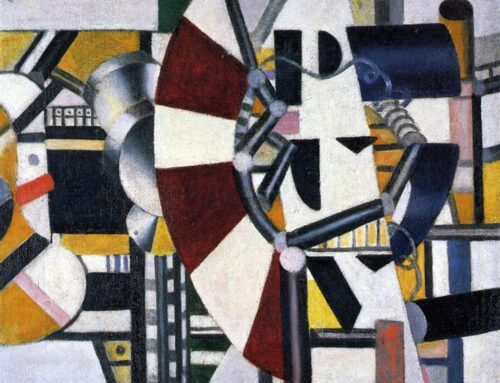Civilization’s tricky situation: as we enter the autumnal season, the shadow self would be heard, as the gateway to introspection. Here history and imagination are in play.
The so-called civilized man has forgotten the trickster. He remembers him only figuratively and metaphorically, when, irritated by his own ineptitude, he speaks of fate playing tricks on him or of things being bewitched. He never suspects that his own hidden and apparently harmless shadow has qualities whose dangerousness exceeds his wildest dreams. As soon as people get together in masses and submerge the individual, the shadow is mobilized, and, as history shows, may even be personified and incarnated.
The disastrous idea that everything comes to the human soul from outside and that it is born a tabula rasa is responsible for the erroneous belief that under normal circumstances the individual is in perfect order. He then looks to the State for salvation, and makes society pay for his insufficiency. He thinks the meaning of existence would be discovered if food and clothing were delivered to him gratis on his doorstep, or if everybody possessed an automobile. Such are the puerilities that rise up in place of an unconscious shadow and keep it unconscious. As a result of these prejudices the individual feels totally dependent on his environment and loses all capacity for introspection. In this way his code of ethics is replaced by a knowledge of what is permitted or forbidden or ordered. How, under these circumstances, can one expect a soldier to subject an order received from a superior to ethical scrutiny? It still hasn’t occurred to him that he might be capable of spontaneous ethical impulses, and of performing them — even when no one is looking!
C.G. Jung, “On the Psychology of the Trickster Figure”






Leave A Comment